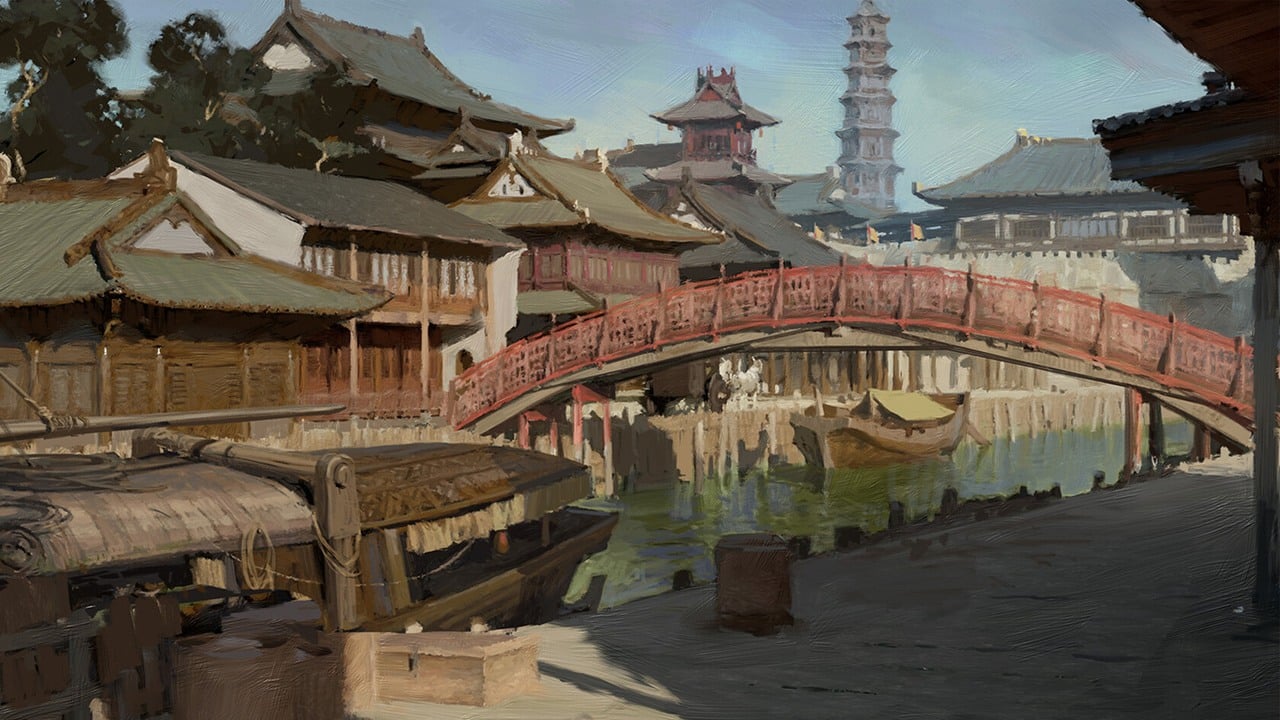Fresh off the heels of Crusader Kings III’s Khans of the Steppe expansion arriving just weeks ago, anticipation builds for the impending All Under Heaven DLC. Official development communications (https://www.youtube.com/watch?v=2MXUM-Y6RxM) have unveiled comprehensive details about this eastern-focused addition.
All Under Heaven introduces an expanded geographical canvas encompassing East Asia’s key regions – China, Japan, and Southeast Asia. Rather than superficial additions, these territories will feature fully realized cultural systems and gameplay integration within the CK3 universe.
China
Innovative governance models debut in these territories, with China pioneering the hegemony imperial classification system. The celestial administration builds upon Byzantine bureaucratic mechanics from previous expansions, emphasizing “merit” accumulation through lifetime service rather than inherited privilege.
Economic dynamics shift dramatically under imperial oversight. Regional governors must channel collected taxes to centralized imperial coffers rather than funding local projects directly. This system enables emperors to allocate resources empire-wide while establishing tributary relationships with neighboring powers.
Japan
Japanese governance splits between two distinct hierarchies: Ritsuryo administrators emphasizing bureaucratic influence contrast with Soryo warlords maintaining hereditary military control and territorial expansion capabilities.
The Kampaku regent initially governs as imperial proxy, selected from Ritsuryo ranks. Ambitious Soryo leaders may attempt power grabs through shogunate declarations. All Under Heaven introduces enhanced dynasty-tracking tools to manage complex inter-clan relationships during these political struggles.
Southeast Asia
Southeast Asian territories present decentralized power structures distinct from Chinese influence. This region mixes autonomous tribal leaders, indigenous spiritual practices, and competing Hindu/Buddhist states, creating dynamic political landscapes prone to frequent upheaval.
Mandala governance systems prioritize tributary relationships over traditional vassalage for Hindu/Buddhist realms. Rulers achieving Devraj status wield religious authority as primary power, accessing advanced devotion mechanics to expand spiritual and territorial influence.
Cross-regional cooperation mechanics enable joint mega-projects like defensive walls. Natural disasters transform into strategic challenges allowing rulers to demonstrate competence rather than serving as arbitrary punishments.
Paradox Interactive has not yet confirmed specific launch dates for this expansion.

